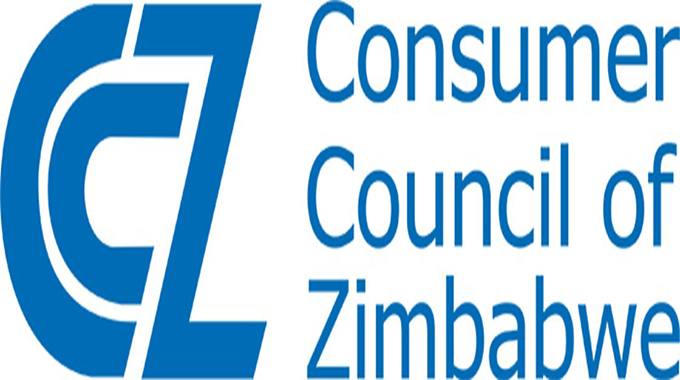Consumers lament rising cost of living

Natasha Chamba, Business Reporter
THE Consumer Council of Zimbabwe (CCZ) has lamented the rising cost of living for an average family on the back of recent increases in prices of basic commodities.
In its latest update, the consumer watchdog said the cost of living for a family of six has increased from RTGS$781, 35 recorded in February to $790, 77 recorded by end of March.
“The cost of living as measured by the CCZ low income urban earner monthly basket for a family of six increased from the end-February 2019 figure of $781, 35 to $790, 77 by end-March 2019, showing an increase of $9, 42 or 1, 21 percent,” said CCZ.
“The monthly basket increased by $6, 83 or 2, 29 percent from $298, 08 by end-February 2019 to $304, 91 by end-March 2019.”
The CCZ said it conducted surveys, which revealed that the price of detergents, for instance, increased by $2, 59 or 8, 85 percent from $29, 27 to $31, 86.
Other increases were recorded in goods such as mealie meal with a 20kg bag going up by RTGS$2, 07 from $14, 18 to RTGS$16, 25 while a 2kg of brown sugar rose from RTGS$3, 99 to RTGS$4, 18 and 1kg cabbage by RTGS$0, 36 from RTGS$1,36 to RTGS$1, 72.
The prices captured in the CCZ tally have already been overtaken by a latest wave, which has seen the prices of basics going up with margins as high as 75 percent.
Meanwhile, CCZ said there were decreases in prices of some goods on the market such as bath soap from RTGS$2, 14 to RTGS$1, 90 and cooking oil (750ml) from RTGS$3, 92 to RTGS$3, 80.
“As CCZ we assume that the increase in the total figure of the basket can be attributed to an increase in fuel price, cash shortages, low supplies of some basic products from manufacturers and pure speculative increases by retailers,” CCZ said.
“Consumers are urged to always seek a fair deal on the marketplace by ensuring that their rights are observed, as well as reporting any anomalies on the marketplace.”
Retailers have blamed manufacturers for price increases. In response, the Confederation of Zimbabwe Industries (CZI) has attributed the trend to inadequate supply of foreign currency on the interbank platform saying members were still resorting to parallel market where they incur heavy premiums.
– @queentauruszw








Comments